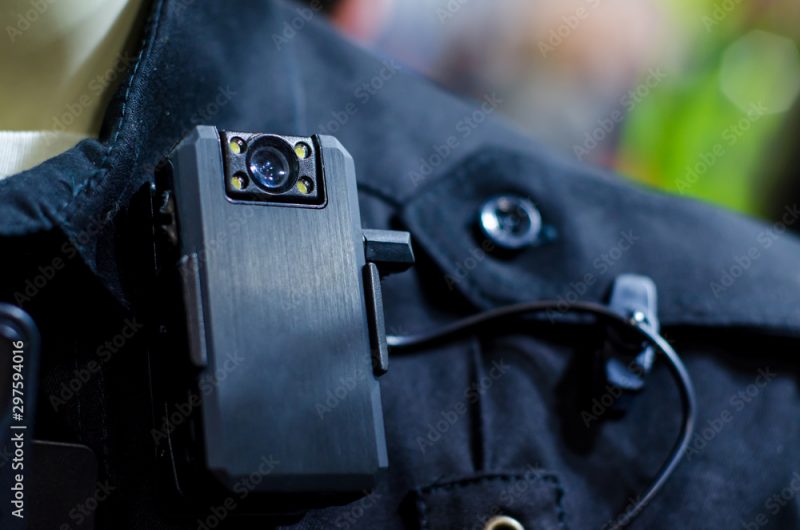In response to the incident of Yong Yang, a mentally ill Korean American who was shot dead by police on May 2, the Korea Daily filed a Request for Records under the Public Records Act against the city of Los Angeles and the Los Angeles Police Department (LAPD) on May 10.
This is an exercise of journalistic rights to demand a transparent and fair investigation by the LAPD.
The request, made in collaboration with attorney Chanyong Jeong, seeks all video footage and audio recordings from all body cameras or in-car digital cameras of officers responding to the scene during the time of the incident from 10:50 a.m. to 3 p.m. and all audio recordings of the 911 call from the location of the incident around 11 a.m.

The California Public Records Act (PRA) requires the City of Los Angeles to respond to public records requests within 10 days. Under certain circumstances, it can be extended for 14 more days, but the requesting party must be notified in writing of the reason for the extension and the expected decision date.
“If they don’t respond by May 20, we plan to file a civil lawsuit,” Jeong said. If a request for public records is unreasonably delayed or excessively denied on the grounds of an investigation, a Writ of Mandamus can be filed to compel disclosure.
“In order to get to the core of the case, which is ‘why did the police shoot,’ the disclosure of the body cameras and communications records must be hastened,” Jeong said, adding “While more records can be requested, we started with two records to accelerate the police’s 45-day deadline for disclosure of the body cameras.”
“Of course, there are restrictions on disclosing anything that could pose a threat to national security or compromise personal information,” he said. “However, there is a precedent that 911 calls and responses are considered public affairs and therefore not subject to investigative confidentiality. It may take time to blur parts of the video to protect privacy, but the information must eventually be disclosed.”
Public records requests put pressure on the city governments, he says.
In 2018, Jeong filed public records requests against Mayor Eric Garcetti, City Council President Herb Wesson, and others during the controversy over a temporary shelter for homeless people in Los Angeles Koreatown. The documents revealed that the shelter site was decided hastily in just a day without consultation with the Korean American community and played a crucial role in gathering public opinion against the shelter. Jeong also requested information from the LAUSD regarding the incident involving the mural of the ‘Rising Sun’ symbol painted on the outside wall of the Robert F. Kennedy Community School gymnasium in the same year.
“They have no choice but to cooperate, as taking it to court would require considerable time and money,” said Jeong.
BY SUAH JANG, HOONSIK WOO [jang.suah@koreadaily.com]




